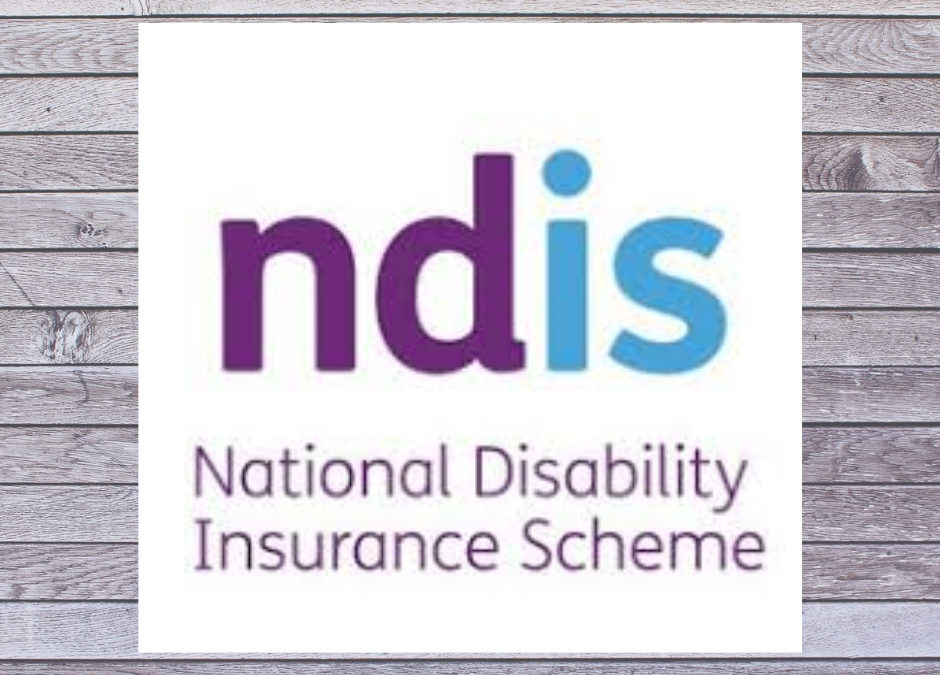Understanding your NDIS plan
So, you’ve received NDIS funding and are now in the process of starting to utilise it. Before you look for an appropriate Liverpool NDIS specialist, it is useful to learn about your NDIS plan as this can help you choose the most suitable provider.
NDIS funding is divided into three budget categories:
- Core supports: supports to assist you with everyday living such as funding for support workers, purchasing everyday items (e.g. nappies), translation or interpreting services, and transport costs.
- Capacity building supports: supports and therapies to help you build skills and independence, such as psychology, behaviour support, speech therapy or occupational therapy. This category also includes funding for support coordination, to help you organise and direct your funding.
- Capital supports: funding for equipment (assistive technology) or home or vehicle modifications.
It is important to learn about the different funding categories so you can think about the specific supports and services you need. It is also practical to understand the way in which your NDIS plan is managed. Each funding category can be managed in one of three ways:
- Self-managed – you manage and organise the funding and pay the invoices from service providers, which you will then claim reimbursement from the NDIS.
- Plan-managed – you nominate a plan manager to manage your funding; providers will send them invoices, which they will then pay.
- Agency managed – funding is managed by the NDIS and the provider makes claims directly via the NDIS provider online. This requires the provider to be registered under the NDIS, while the other two strategies do not require NDIS registration.
Choosing the right Liverpool NDIS specialist for you
Once you have a reasonable grasp on your funding and how it is managed, it is then time to start looking for suitable services to help you meet your goals. It is also vital to prioritise your needs and goals; your funding is finite so you will need to make decisions about what specific supports and services are most important.
Three crucial aspects to consider are:
- The experience and expertise of the service provider and its staff, including if they specialise in any particular area (e.g. age group or specific therapies). It is important to assure that the service has staff who are suitably qualified for the kinds of supports or therapies you are wanting to receive, and that staff have passed all necessary background checks (criminal record, working with children checks). If you engage in therapists in a health stream regulated by AHPRA, you can check the clinician’s registration online (this is a public register). It is also critical to enquire about specific therapies they utilise to ensure the service endorses safe, evidence-based clinical practices (for therapy services).
- The service should be focused on the family and be culturally sensitive. For most NDIS participants, it is essential to for their family/carers to also be included and engaged in supports or therapies. Children and young people, in particular, require strong family or carer involvement. This is important because people with disabilities (especially NDIS participants) have significant difficulties with living their lives independently, so family engagement is imperative. Family or carers can help reinforce and practice what service providers teach, and put into practice what is learnt in therapy. It is also important that staff liaise with other clinicians, support workers, teachers or other key people to best support the client. Moreover, it is also paramount that the service provider and its staff is respectful of cultural differences and tries to cater to cultural needs or preferences as much as practicable.
- The service should charge a fair price, so ensure that they abide by NDIS pricing guidelines (if NDIS registered). Enquire about what their prices entail, what is included (e.g. how they charge for documentation time/reports, or if there are travel charges if applicable), how long a typical session is and payment options. Also, find out about their cancellation policy, and how to disengage with the service (i.e. how much notice should you give). To properly gauge if a service is charging a reasonable price, it is useful to enquire at a few providers then make a comparison.
As the NDIS continues to grow and more service providers are participating in the scheme, it is meaningful for consumers to have clear understanding of their goals and how a Liverpool NDIS specialist can help them.


